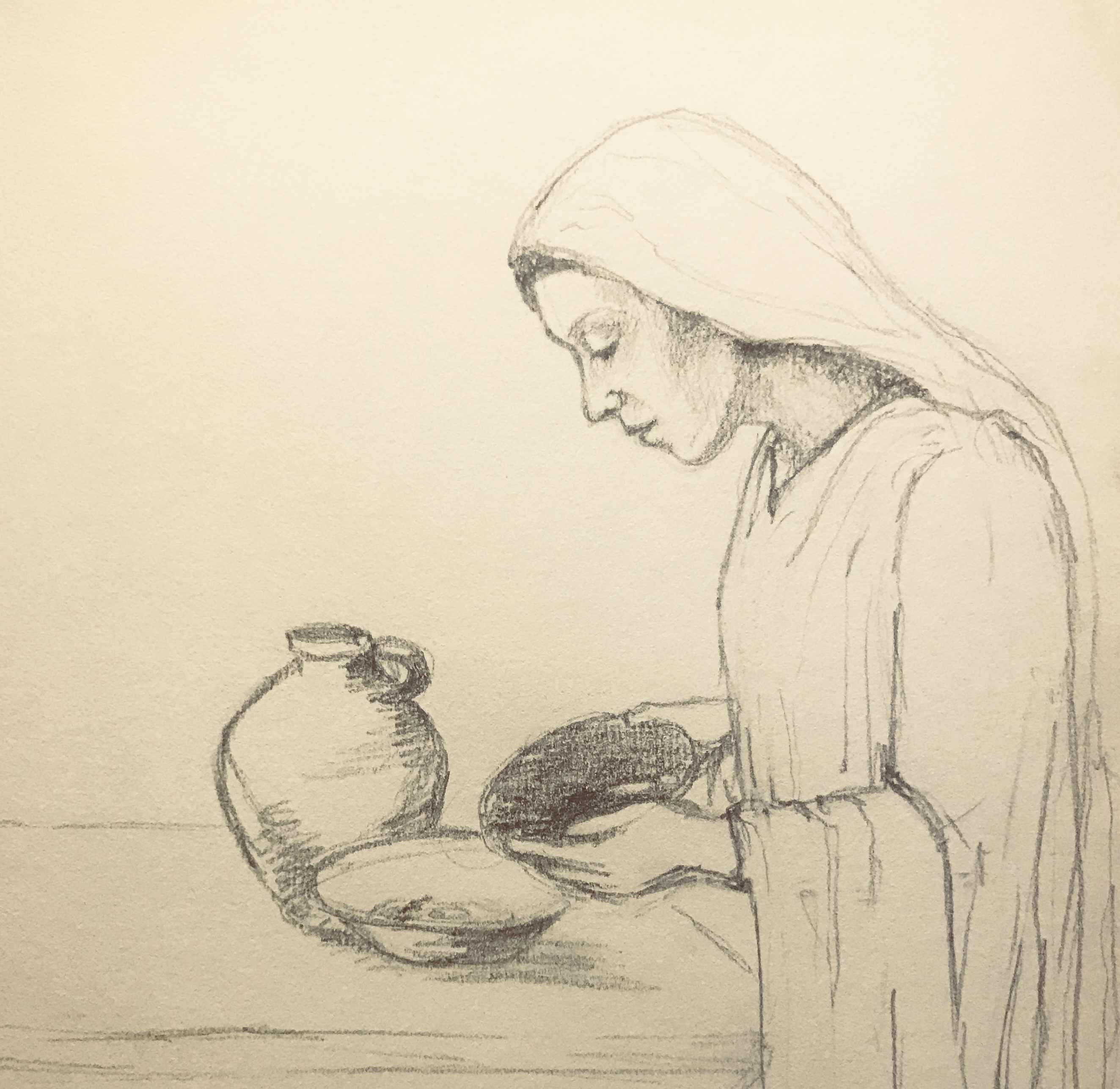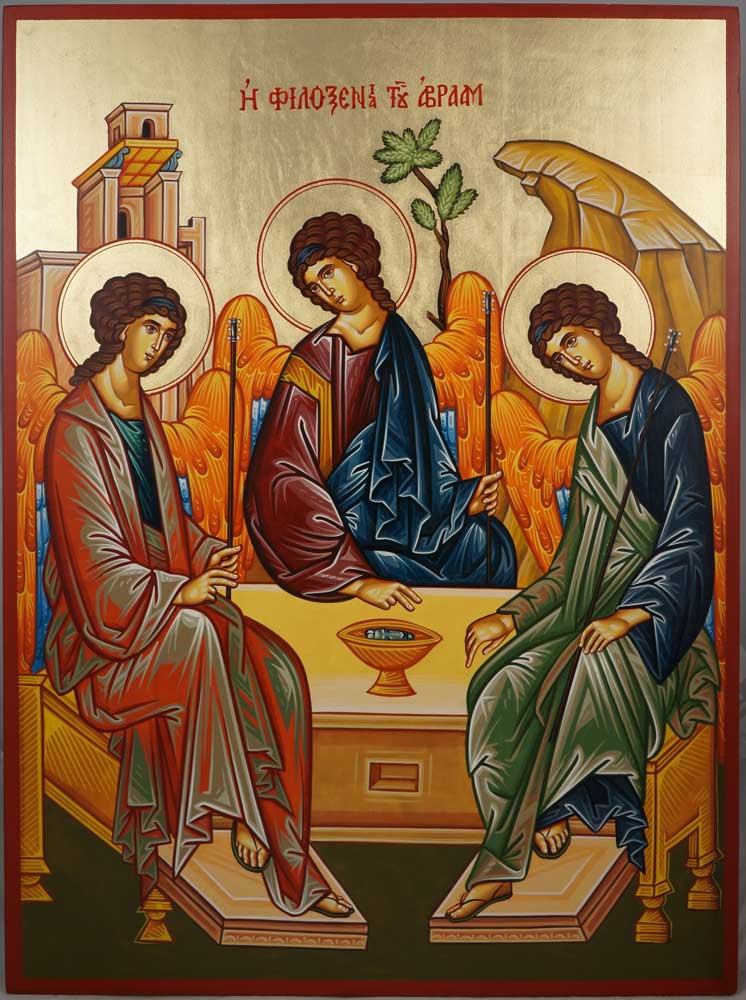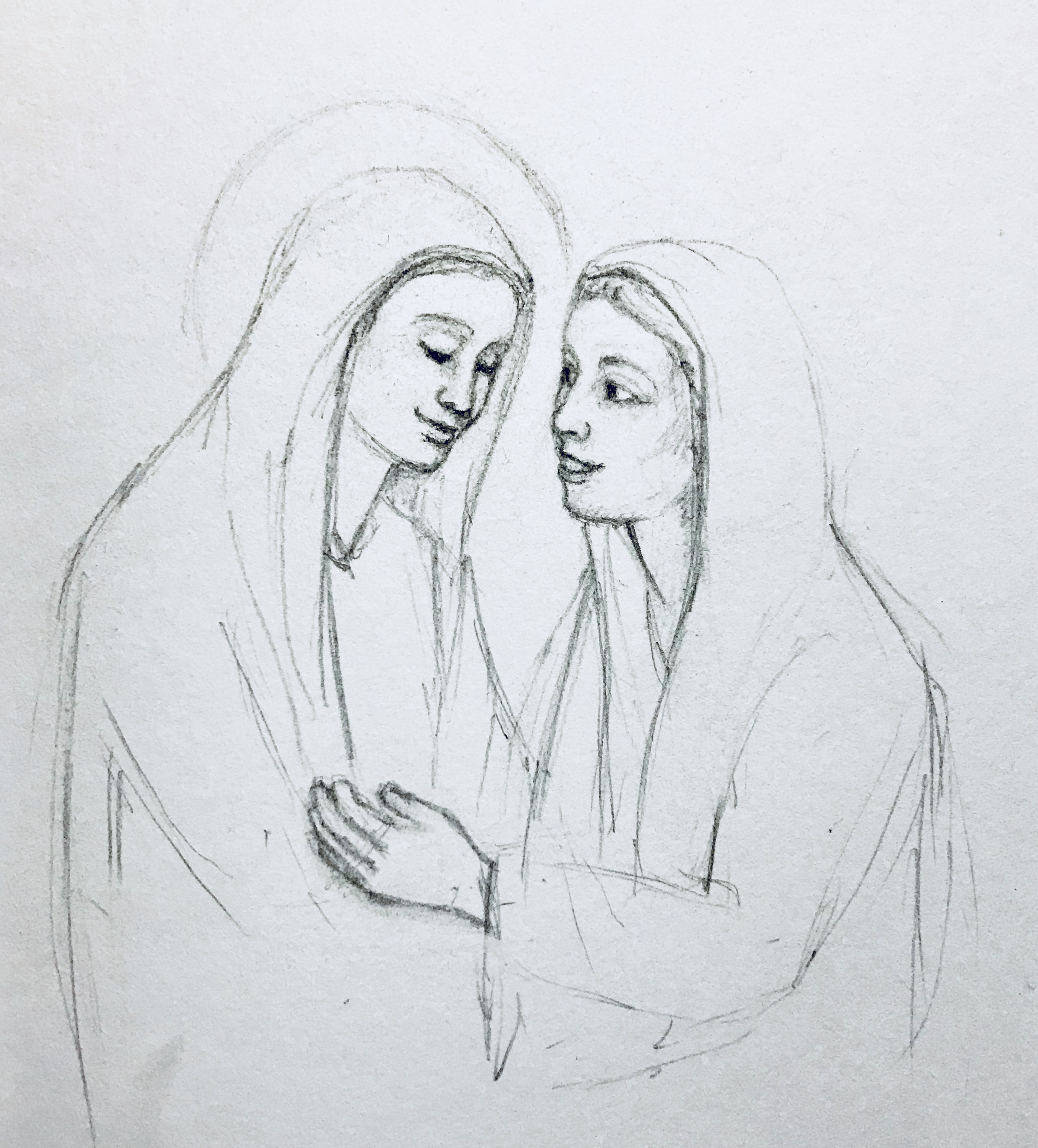
At first glance the story about the widow in Zarephath seems a bit harsh, perhaps too demanding. How could God expect someone on the point of starvation to provide what would be their last meal to a stranger? Why would He ask someone to do such a thing? It reminds us of Abraham who is asked by God to offer his only son Isaac. When it is God Himself who asks, obedience must be understood as access to true happiness. God gives us these stories to remind us that we cannot discern what we ought to do without consulting Him, His Word, His prophets.



